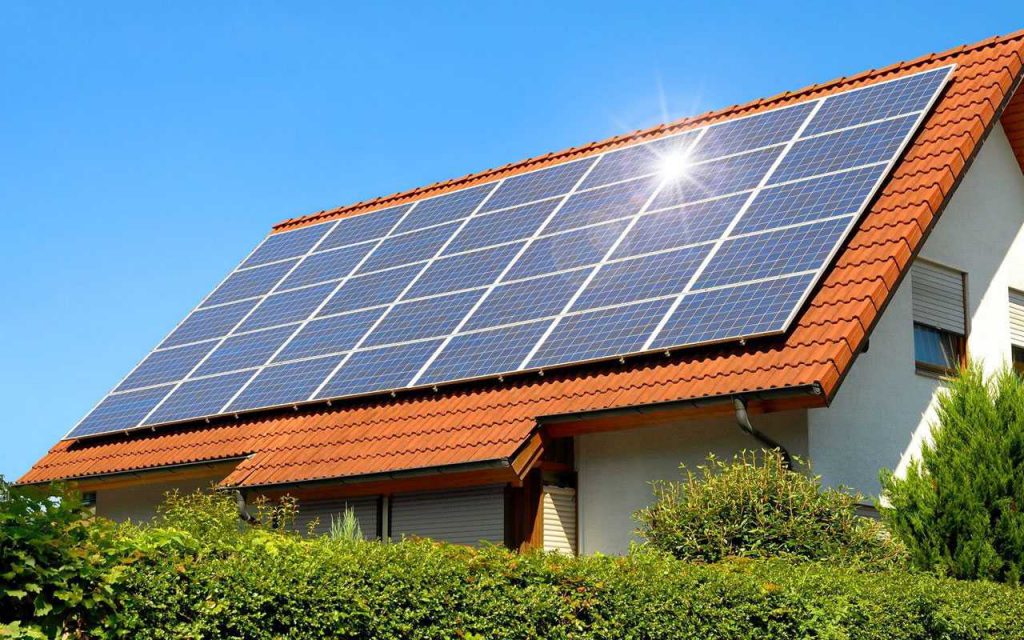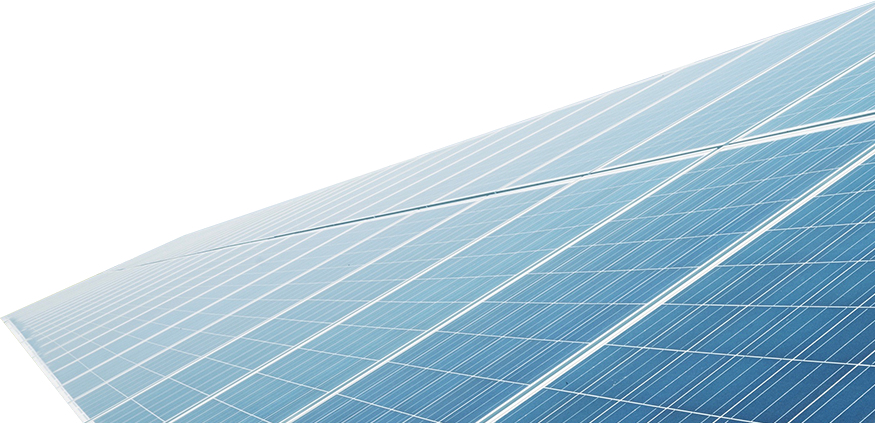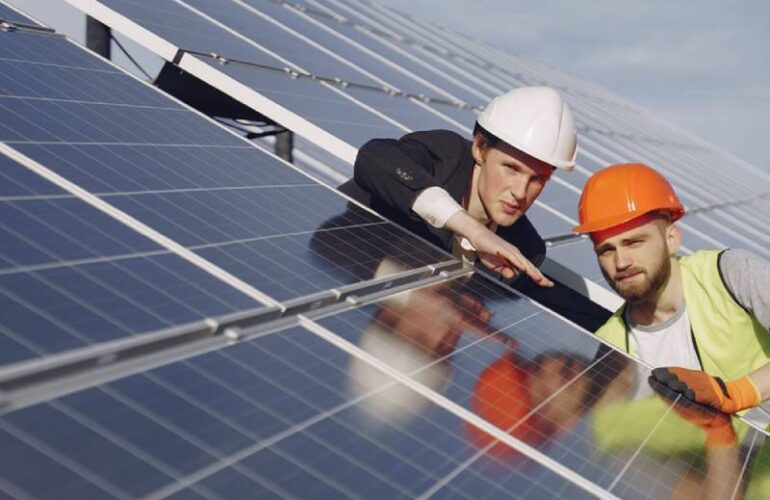Solar are not subject to any market risk but are victim of many myths
India is abundantly blessed with solar radiation. According to reports India gets as much as 300 days of sunshine. Despite the great solar potential, India has been unable to harness much of its sun bank. The lack of solar understanding at an individual level is probably the single biggest hindrance in the proliferation of solar energy in India, especially domestic solar rooftops.
It is perhaps time to view solar energy from a different angle (pun intended). Solar is an investment; one that is not too different from a financial instrument like Mutual Funds. Only difference, returns with solar are not subject to any market risk but are victim of many myths. It’s time we bust a few of them!
Myth 1:”Solar is not for me”
Truth: Solar energy is for all, irrespective of the power cut situation in your locality. Solar energy should be viewed as a financial investment. Even if you have 24-hours access to grid or utility power, you can still invest in solar energy and get good returns on your money. An investment, like the one you make in any financial instrument that gets comparable, maybe even better returns!
Consider this: If you live in Gurgaon and your monthly electricity bill is Rs.10,000/- on an average, an investment of Rs.1, 30,000/- into a solar-rooftop On-grid solution of 1.75 kWatts can potentially fetch you a return on investment of up to 20% p.a. in the form of savings in your monthly electricity bill!
Moreover, solar energy is pollution free which makes it great for the environment. Returns while reducing your carbon-footprint – cherry on the cake!
Myth 2: “Solar is too costly”
Truth: The prices of solar energy have come down drastically in the last few years making it affordable and inevitable! You can start investing in solar with as low as a few thousand rupees. Depending on your needs different solar solutions are possible. For larger solutions requiring higher investments one can also avail financing and convert them into EMIs under short-term or long term loans. (Read below). Of course, the more you invest the better the returns!
Talking of returns, solar energy compares favourably against traditionally known alternate power sources such as diesel gen-sets with an advantage of up to 50% when investment and running costs are taken into consideration.
Myth 3: “Solar is too complex”
Truth: Not at all! Getting started with a solar solution is as easy as installing any other household appliance say like an air conditioner. It’s a simple 3 step process that starts with a site inspection to assess Solar Energy Potential moving on to a recommended solution with necessary approvals from the distribution company (only required for net-metering solutions) to installation of the solution that in itself takes a day!
You must buy a solar solution as per your specific need. Finally, the following guidelines would be handy in understanding the different types of solutions and when they should be bought:
On-grid Solution On-Grid type solutions enable you to produce electricity using solar energy and export it to the grid. It comprises of a grid-connected system including a bi-directional net-meter. The net-meter records both import and export of electric units. You only pay for the net units imported, thus saving on your electricity bills. Grid connected systems offer the best ROI on solar investment.
Off-grid Solution Off-Grid Solutions allow you to store solar power for later use. They comprise of battery packs that store the solar power generated during the day. These solutions are best suited for areas with high power cuts. The cost of these Off-Grid solutions is relatively higher because of the batteries, however, they are better than diesel generator in more than one way. Firstly, the unit cost of electricity (including the capital cost) from a diesel generator is Rs 20-25.
On the other hand, unit cost of electricity (including batteries cost) from solar is approximately half that of a diesel generator. Secondly, a diesel generator is idle when there is no power cut whereas the Solar system works irrespective of power outage situation. Solar Inverters smartly prioritize solar energy over grid power and deliver savings. Thirdly, unlike diesel generators, solar panels do not create pollution. Long story short, solar energy is a clear champion.




